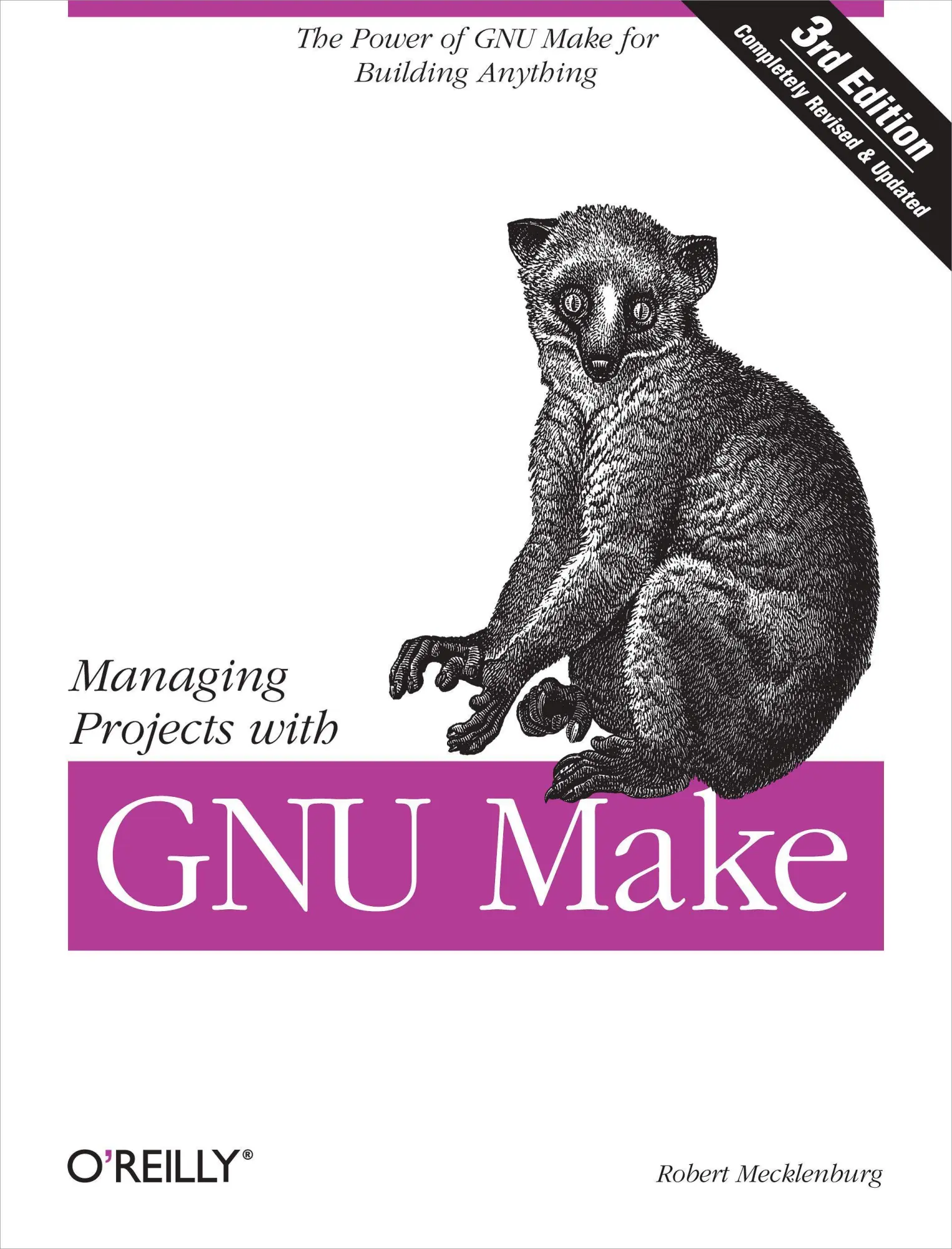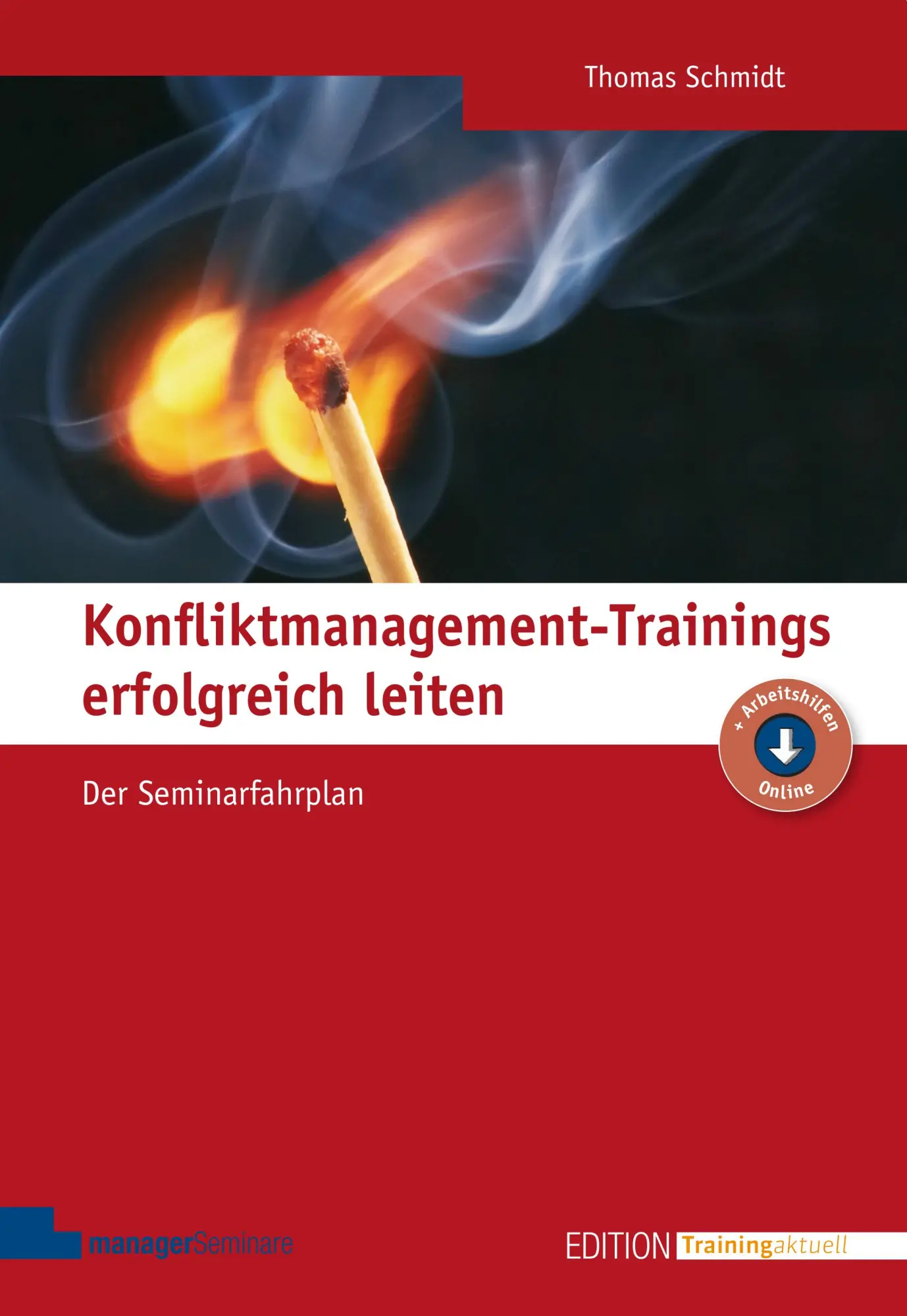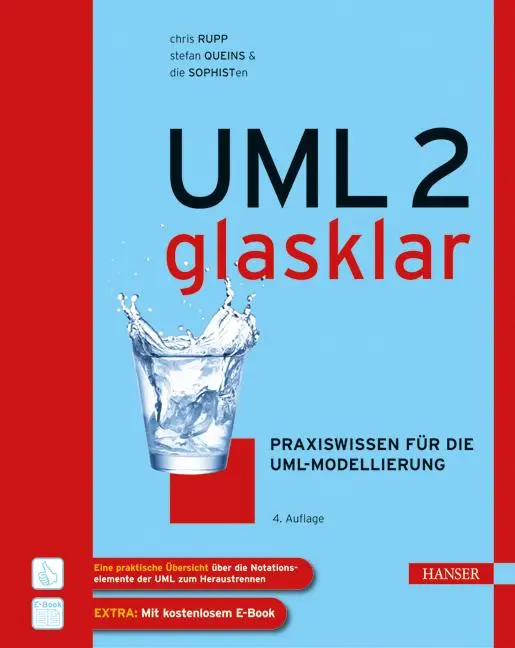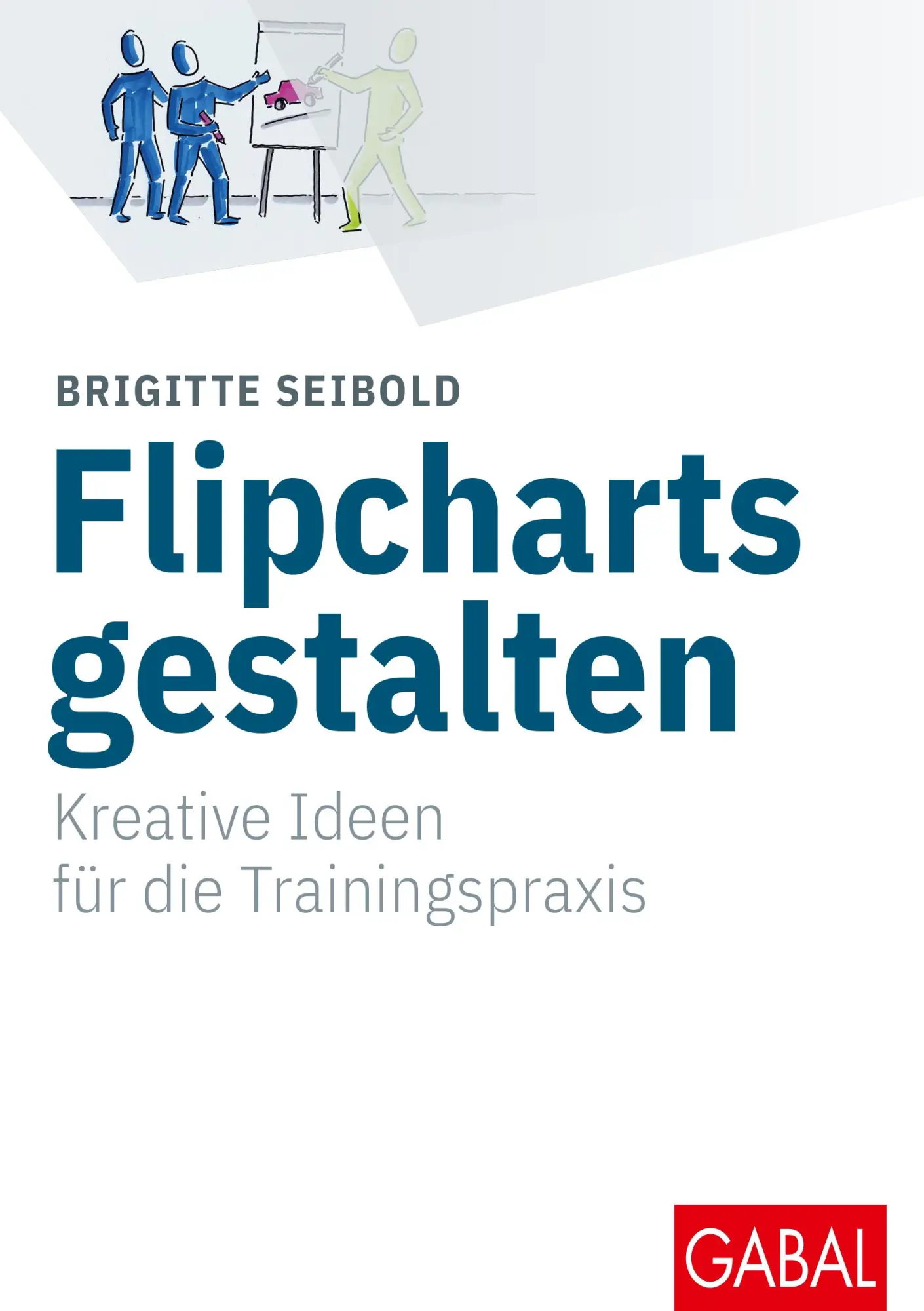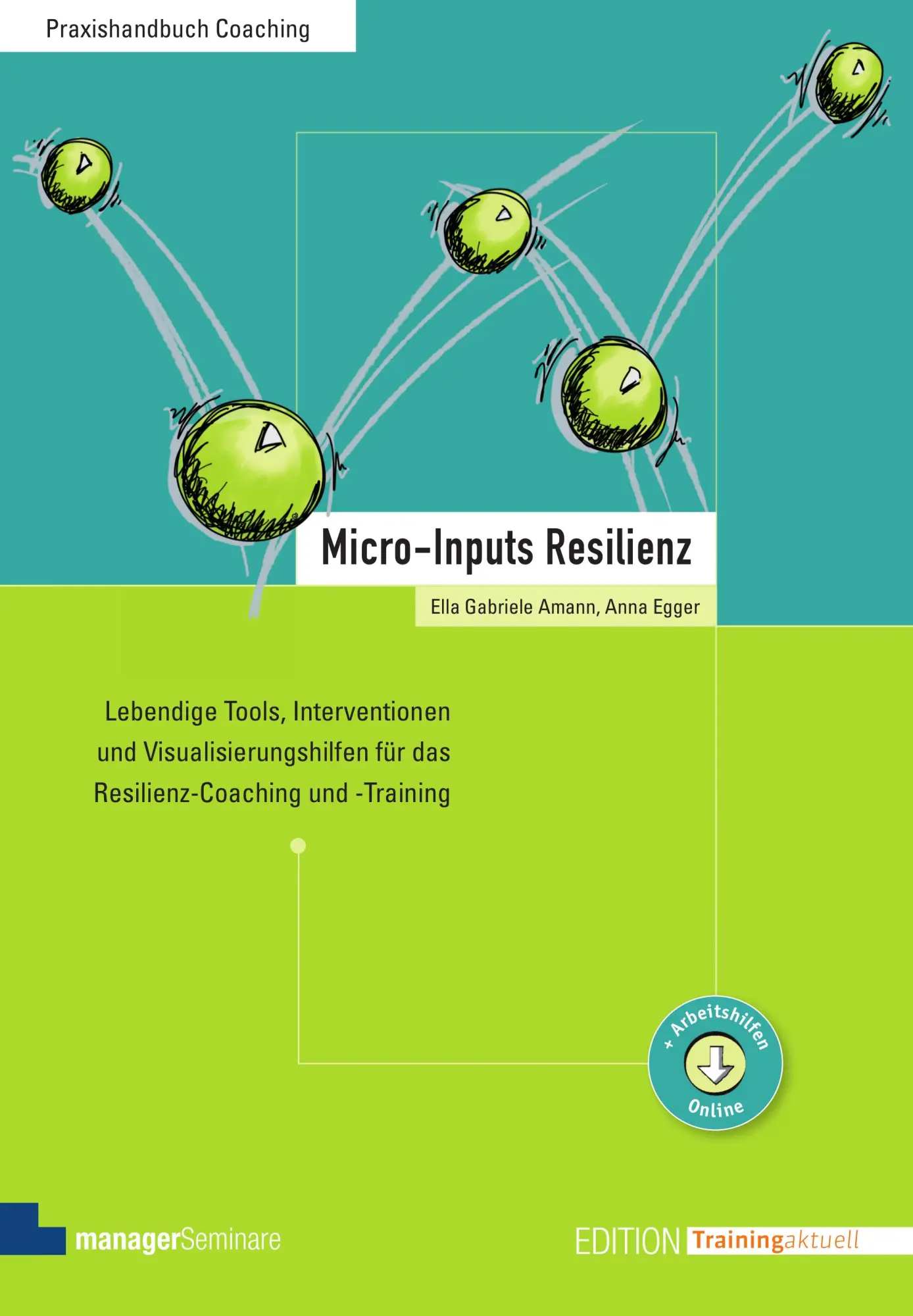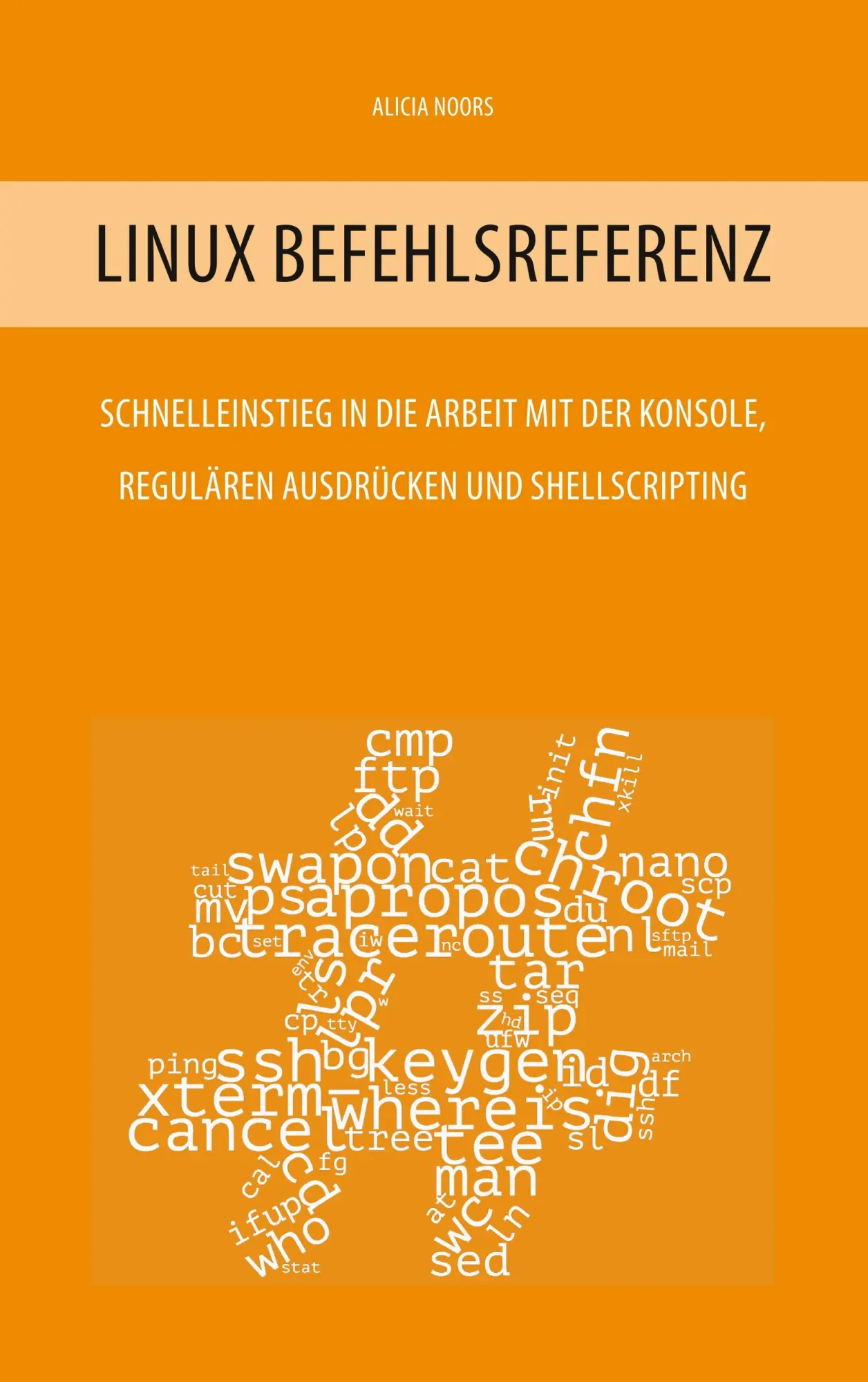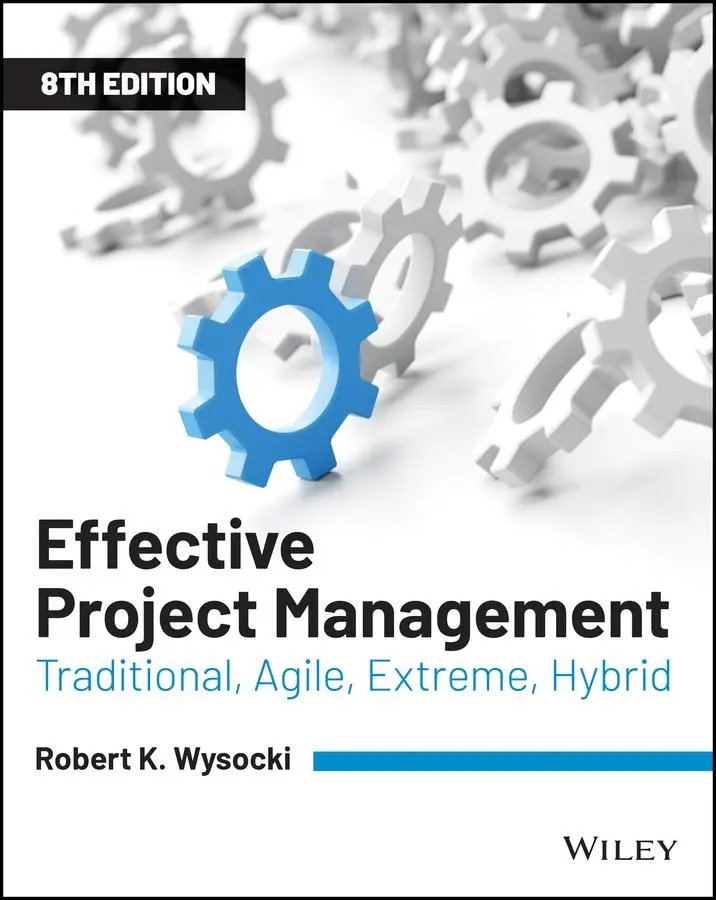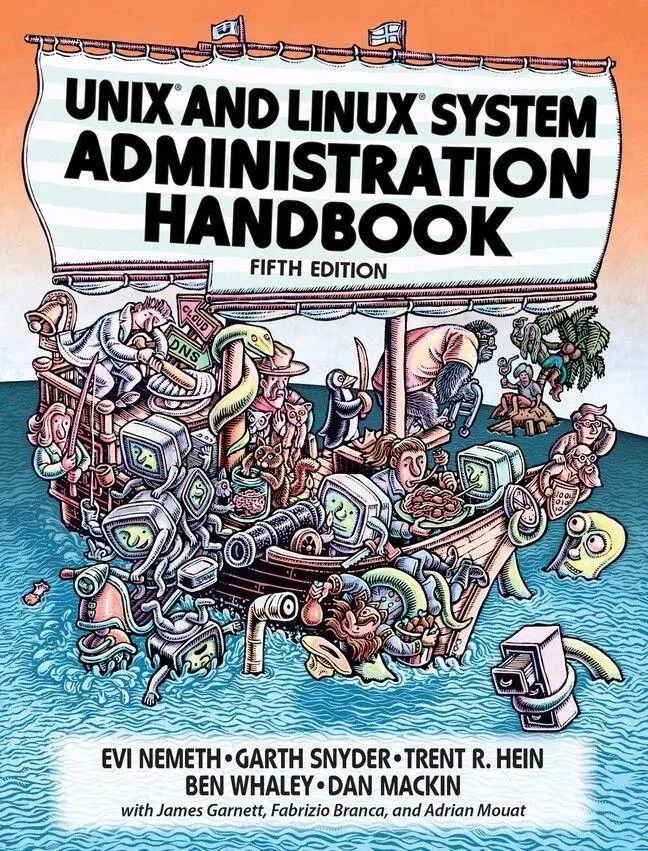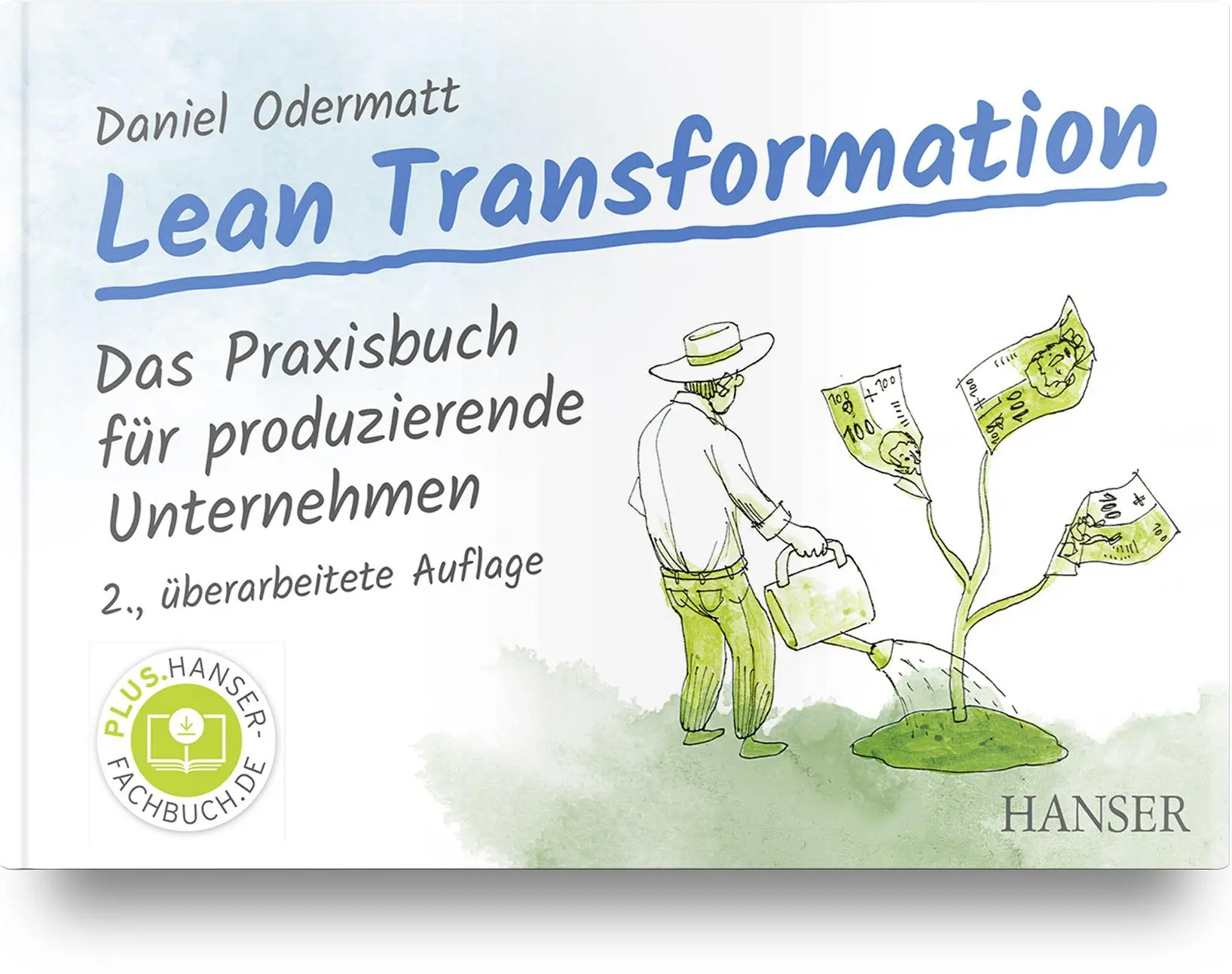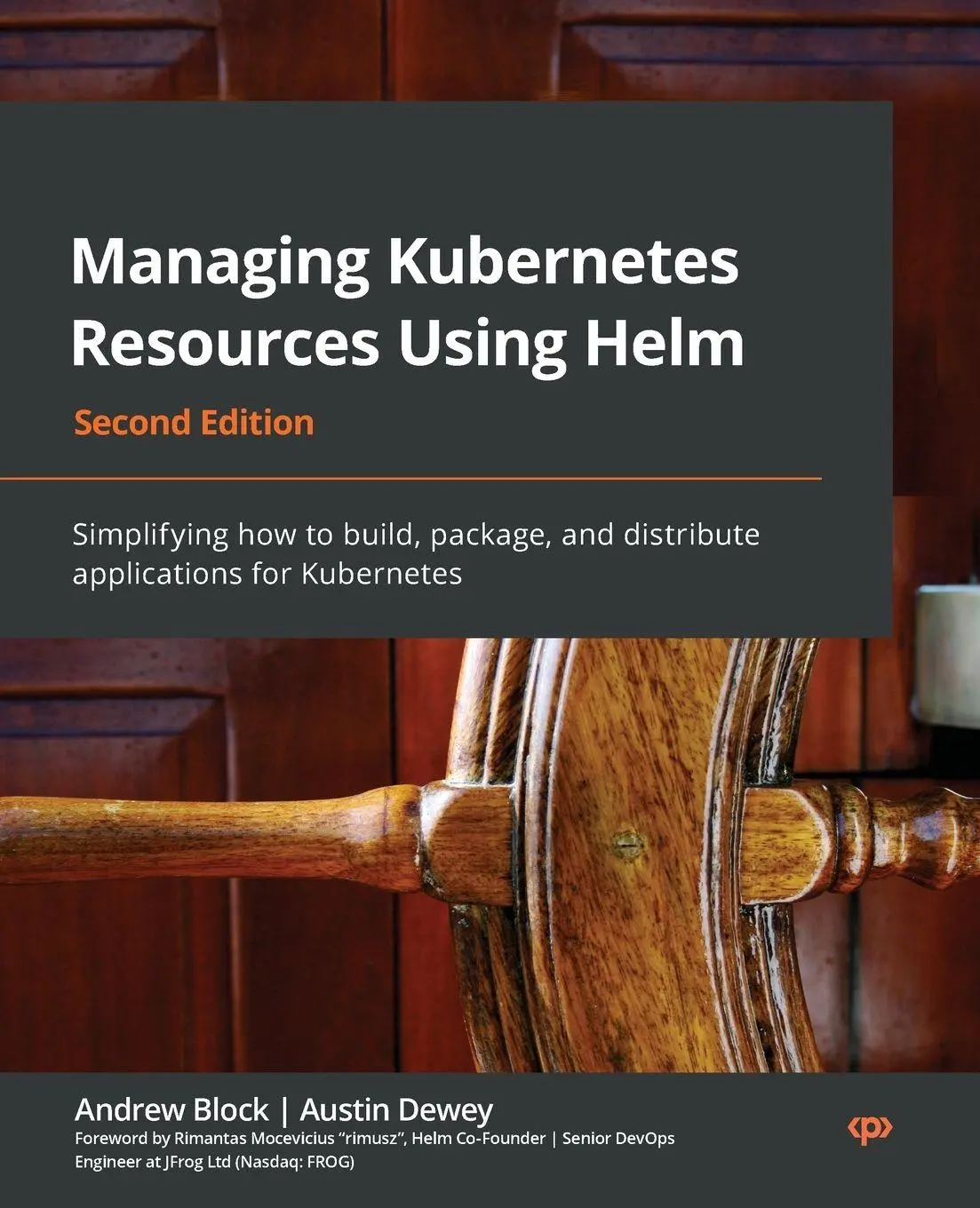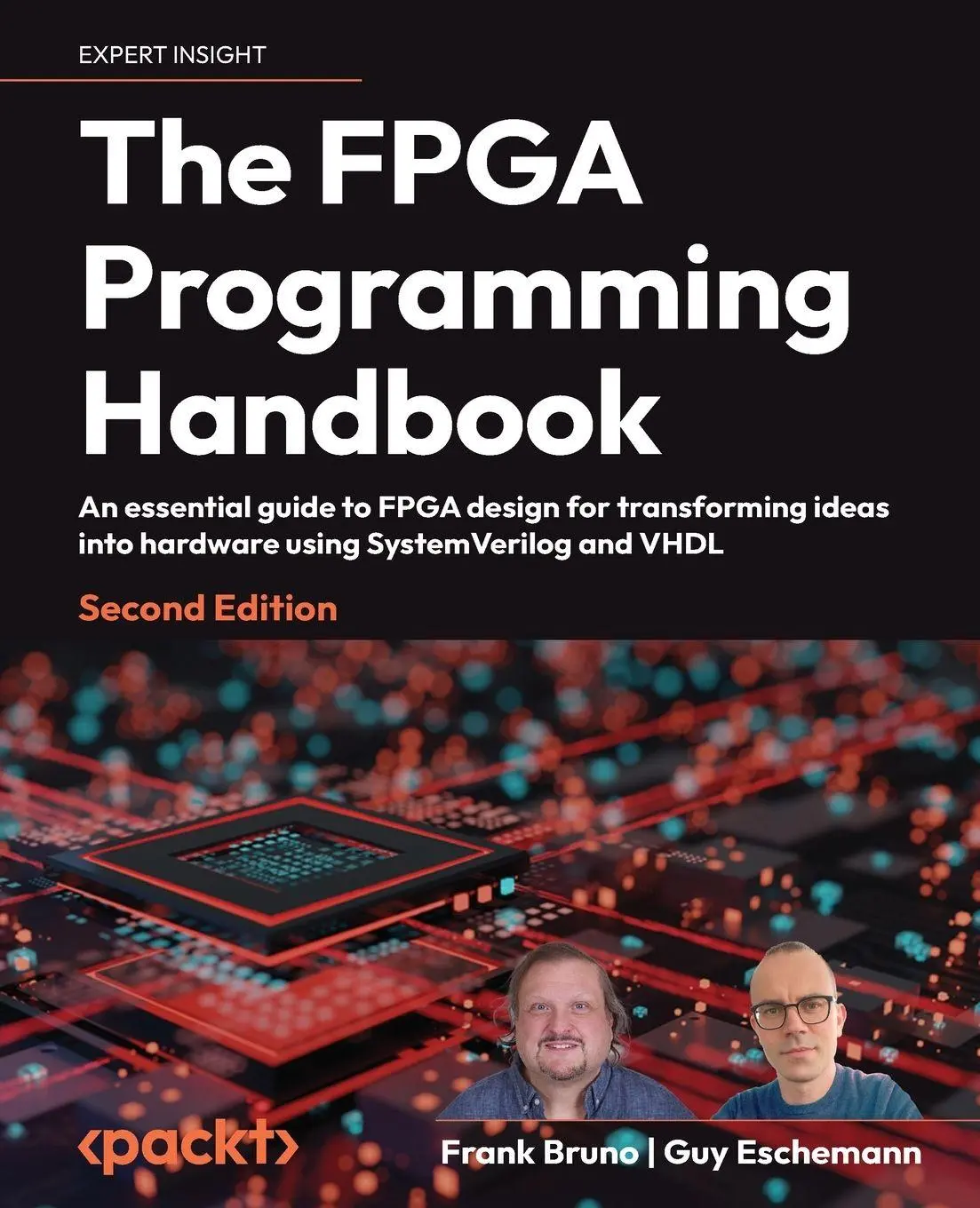39,25 €
Versandkostenfrei per Post / DHL
auf Lager, Lieferzeit 1-2 Werktage
Robert Mecklenburg began using Unix as a student in 1977 and has been programming professionally for 23 years. His make experience started in 1982 at NASA with Unix version 7. Robert received his Ph.D. in Computer Science from the University of Utah in 1991. Since then, he has worked in many fields ranging from mechanical CAD to bioinformatics, and he brings his extensive experience in C++, Java, and Lisp to bear on the problems of project management with make.
Other resources from O'Reilly;
Foreword;
Preface;
The Road to the Third Edition;
What's New in This Edition;
Conventions Used in This Book;
Using Code Examples;
Comments and Questions;
Acknowledgments;
Basic Concepts;
Chapter 1: How to Write a Simple Makefile;
1.1 Targets and Prerequisites;
1.2 Dependency Checking;
1.3 Minimizing Rebuilds;
1.4 Invoking make;
1.5 Basic Makefile Syntax;
Chapter 2: Rules;
2.1 Explicit Rules;
2.2 Variables;
2.3 Finding Files with VPATH and vpath;
2.4 Pattern Rules;
2.5 The Implicit Rules Database;
2.6 Special Targets;
2.7 Automatic Dependency Generation;
2.8 Managing Libraries;
Chapter 3: Variables and Macros;
3.1 What Variables Are Used For;
3.2 Variable Types;
3.3 Macros;
3.4 When Variables Are Expanded;
3.5 Target- and Pattern-Specific Variables;
3.6 Where Variables Come From;
3.7 Conditional and include Processing;
3.8 Standard make Variables;
Chapter 4: Functions;
4.1 User-Defined Functions;
4.2 Built-in Functions;
4.3 Advanced User-Defined Functions;
Chapter 5: Commands;
5.1 Parsing Commands;
5.2 Which Shell to Use;
5.3 Empty Commands;
5.4 Command Environment;
5.5 Evaluating Commands;
5.6 Command-Line Limits;
Advanced and Specialized Topics;
Chapter 6: Managing Large Projects;
6.1 Recursive make;
6.2 Nonrecursive make;
6.3 Components of Large Systems;
6.4 Filesystem Layout;
6.5 Automating Builds and Testing;
Chapter 7: Portable Makefiles;
7.1 Portability Issues;
7.2 Cygwin;
7.3 Managing Programs and Files;
7.4 Working with Nonportable Tools;
7.5 Automake;
Chapter 8: C and C++;
8.1 Separating Source and Binary;
8.2 Read-Only Source;
8.3 Dependency Generation;
8.4 Supporting Multiple Binary Trees;
8.5 Partial Source Trees;
8.6 Reference Builds, Libraries, and Installers;
Chapter 9: Java;
9.1 Alternatives to make;
9.2 A Generic Java Makefile;
9.3 Compiling Java;
9.4 Managing Jars;
9.5 Reference Trees and Third-Party Jars;
9.6 Enterprise JavaBeans;
Chapter 10: Improving the Performance of make;
10.1 Benchmarking;
10.2 Identifying and Handling Bottlenecks;
10.3 Parallel make;
10.4 Distributed make;
Chapter 11: Example Makefiles;
11.1 The Book Makefile;
11.2 The Linux Kernel Makefile;
Chapter 12: Debugging Makefiles;
12.1 Debugging Features of make;
12.2 Writing Code for Debugging;
12.3 Common Error Messages;
Appendixes;
Running make;
The Outer Limits;
Data Structures;
Arithmetic;
GNU Free Documentation License-GNU Project-Free Software Foundation (FSF);
0. Preamble;
1. Applicability and Definitions;
2. Verbatim Copying;
3. Copying in Quantity;
4. Modifications;
5. Combining Documents;
6. Collections of Documents;
7. Aggregation with Independent Works;
8. Translation;
9. Termination;
10. Future Revisions of this License;
About the Author;
O'Reilly®: Managing Projects with GNU Make;
Colophon;
| Erscheinungsjahr: | 2004 |
|---|---|
| Fachbereich: | Betriebssysteme & Benutzeroberflächen |
| Genre: | Importe, Informatik |
| Rubrik: | Naturwissenschaften & Technik |
| Medium: | Taschenbuch |
| Inhalt: | Einband - flex.(Paperback) |
| ISBN-13: | 9780596006105 |
| ISBN-10: | 0596006101 |
| Sprache: | Englisch |
| Einband: | Kartoniert / Broschiert |
| Autor: | Mecklenburg, Robert |
| Auflage: | 3rd edition |
| Hersteller: |
O'Reilly Media
O'Reilly Media, Inc. |
| Verantwortliche Person für die EU: | dpunkt.verlag GmbH, Vanessa Niethammer, Wieblinger Weg 17, D-69123 Heidelberg, hallo@dpunkt.de |
| Maße: | 234 x 179 x 22 mm |
| Von/Mit: | Robert Mecklenburg |
| Erscheinungsdatum: | 28.12.2004 |
| Gewicht: | 0,504 kg |

